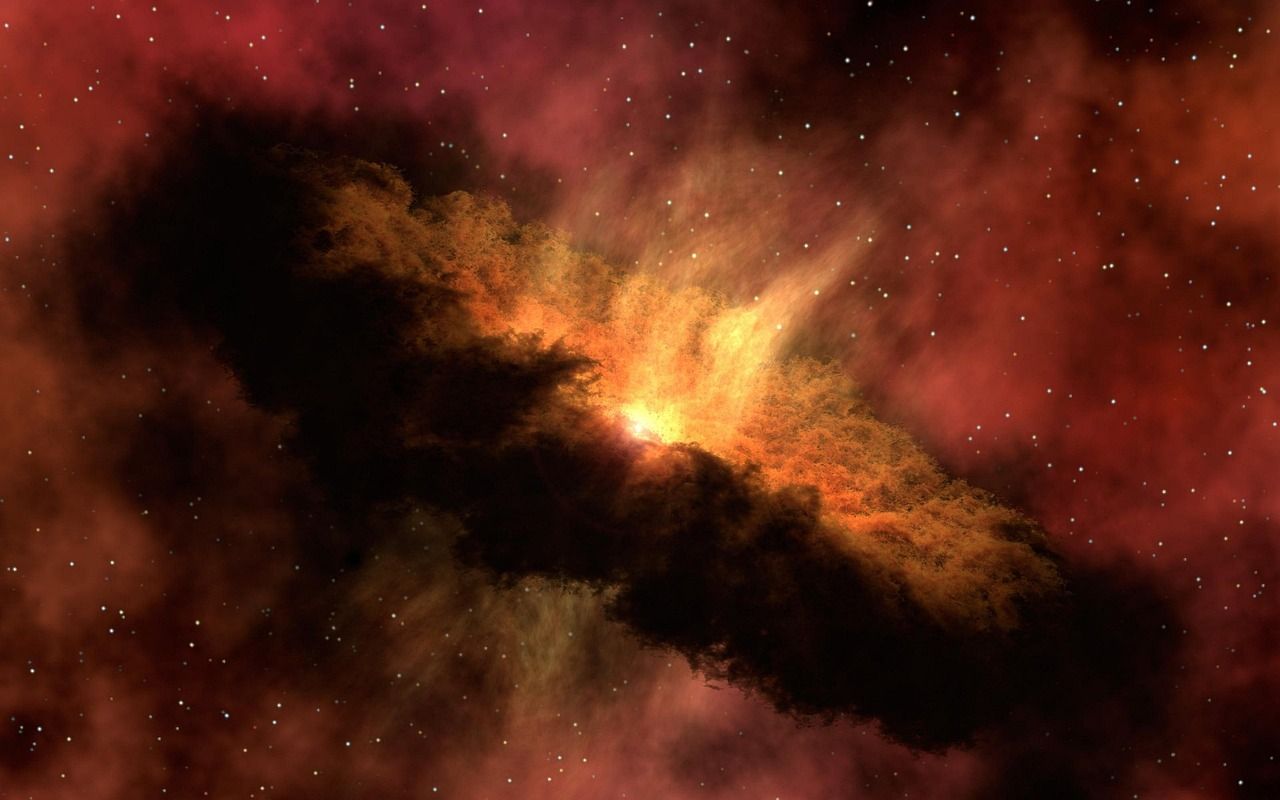Can the Higgs boson destroy our Universe?
Follow us on Google News (click on ☆)
This discovery raises questions about the future of the Universe and the cosmological models we use to describe it.

Illustration image Pixabay
Physicists have discovered that the Higgs boson, which gives particles their mass, might not be in its lowest energy state. This could lead to a radical change in the physical laws in certain regions of the Universe, a phenomenon known as a phase transition. However, so far, there is no sign that this has occurred.
Recent research has explored the role of primordial black holes, theoretical objects that appeared shortly after the Big Bang, in this phase transition process. These black holes, smaller and lighter than those formed by the collapse of stars, could have triggered "bubbles" of space with different physical laws by interacting with the Higgs field.
Fortunately, models of the Universe show that these bubbles have not formed, which could mean that primordial black holes never existed, or that something in the Universe is preventing this phenomenon from happening. This mystery remains unresolved and raises fundamental questions about our understanding of forces and elementary particles.
If the existence of these primordial black holes were proven, it could reveal new, unknown particles or forces. This would open unexplored perspectives on the structure and evolution of the Universe, bringing us a step closer to the secrets that govern it.
This research highlights the importance of understanding the smallest scales of the Universe to grasp the phenomena that may have shaped its history and, perhaps, predict its future.
The Higgs Boson
The Higgs boson is an elementary particle discovered in 2012 thanks to the Large Hadron Collider (LHC) at CERN. It plays a fundamental role in the standard model of particle physics, as it is responsible for the mass of other particles.
This particle is associated with the Higgs field, an energy field that permeates the entire Universe. Particles acquire their mass by interacting with this field, much like an object moving through a more or less viscous fluid.
The existence of the Higgs boson thus confirms the presence of this field, which is essential for explaining why some particles have mass and others do not. Without this mechanism, elementary particles would be either massless or all would have the same mass, making the formation of atoms, molecules, and consequently, matter as we know it, impossible.
The discovery of the Higgs boson has solidified the standard model, although it also paves the way for new questions and hypotheses about physics beyond this model, such as interactions with yet unknown particles or forces.